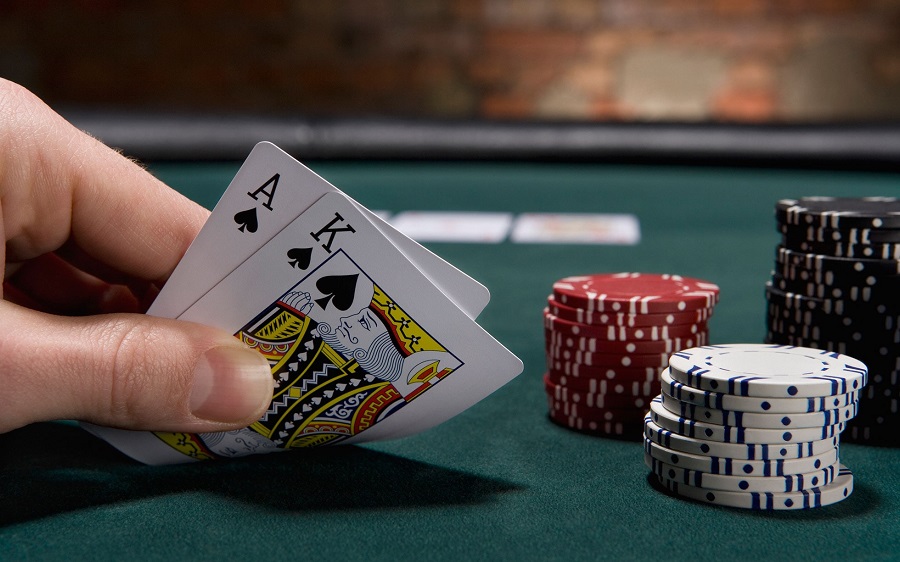
Poker for Beginners: Your Gateway to Mastery
The world of poker beckons with the promise of thrilling gameplay, challenging strategies, and the potential for significant rewards. For those new to the game, entering the poker realm can seem intimidating. But fear not! Like every skill, poker can be learned, mastered, and enjoyed. This guide is your starting point, designed to pave your way from a beginner to a poker aficionado.
Embarking on the poker journey requires understanding the game’s fundamentals, developing a solid strategy, and cultivating the right mindset. Let’s delve into the foundational advice that every budding poker player should heed.
Grasping the Basics
Before diving into advanced tactics, mastering poker’s basics is paramount. It’s crucial to understand the different poker hands, from a simple pair to the coveted royal flush. Familiarizing yourself with these will determine your in-game decisions and your ability to read the game.
Additionally, know the basic rules of the most popular poker variants like Texas Hold’em, Omaha, and Seven-Card Stud. While the core principles remain similar, nuances in each game can drastically change your approach.
Developing a Strategy
A good poker player doesn’t just rely on luck; they have a strategy. Start by observing seasoned players, either in live games or through televised tournaments. Notice their betting patterns, their bluffs, and when they choose to fold. This observational learning can provide invaluable insights.
Remember, while having a good hand is beneficial, how you play that hand can make all the difference. Practice various strategies, from aggressive to conservative, to find your unique style.
Also, be adaptable. If a strategy isn’t working mid-game, don’t hesitate to shift your approach. Flexibility can often catch your opponents off-guard.
Managing Your Bankroll
Financial management is as crucial as game strategy. Set a budget for your poker endeavors and stick to it. This ensures that you play responsibly and can continue enjoying the game without the stress of potential financial setbacks.
Moreover, avoid chasing losses. If you’ve had a bad day at the table, it’s better to step back, reassess, and return with a clear mind rather than trying to win back your losses in a potentially rash manner.

Cultivating the Right Mindset
The mental aspect of poker is often understated. Developing patience, resilience, and the ability to read your opponents are key skills. Understand that losing is part of the game. Instead of getting disheartened, use losses as learning opportunities. Analyze what went wrong and how you can improve in future games.
Also, be aware of “tilt” – a state of emotional frustration that can lead to poor decisions. Recognizing when you’re on tilt and stepping away from the table can save you from making impulsive choices.
Conclusion: The Journey Ahead
Embracing poker is not just about understanding the game; it’s about embracing the journey. Each hand played, whether a win or a loss, adds to your experience and molds you into a better player.
Remember, every poker champion started as a beginner. With dedication, the right guidance, and continuous learning, you too can claim your place at the poker table. Here’s to many thrilling games ahead!
